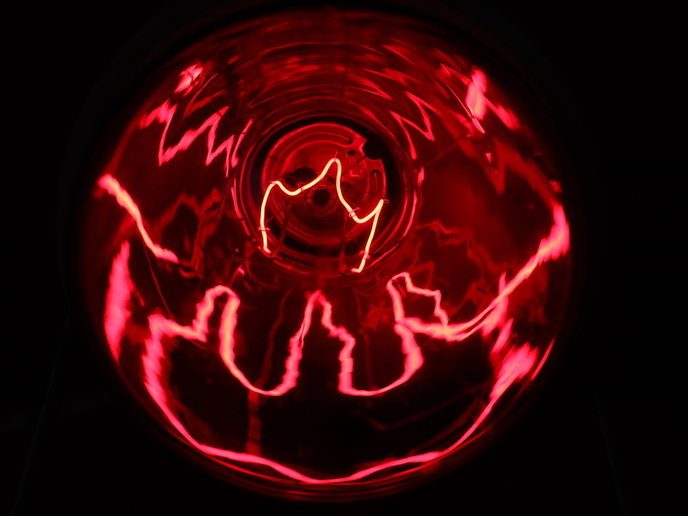Electrode helmet diagnoses brain injury
TBI or intracranial injury occurs when external forces injure the brain and the severity could be mild, moderate or severe. It is recognised as a major public health concern, especially for teenagers and young adults, as it can significantly disrupt education, working ability, and quality-of-life in general. Being able to reliably diagnose TBI early on or in an emergency room is of paramount importance for a positive outcome. Currently, unconsciousness or the need for medical sedation at the scene of an accident impairs diagnosis via cognitive exams. To address this, the EU-funded EMEREEG(opens in new window) (A portable device for early detection and treatment of traumatic brain injury based on advanced qEEG and HD-TES to prevent major health problems and specially for use in emergencies and telemedicine) project developed a portable medical device that combines quantitative electroencephalography (qEEG) and high-definition transcranial electrical stimulation (HD-TES) technology. The generated helmet enabled rapid neurological examination on site, speeding treatment and enhancing patient outcome. Researchers achieved this goal through the development of a novel vacuum-based helmet that facilitated the accurate positioning of up to 32 electrodes in any head size. The integrated system combined qEEG recording and HD-TES stimulation while a data processing system controlled data analysis as well as early detection and treatment of TBI. An innovative software platform was developed for remote telemedicine operation of single or multiple devices. This will provide specialist support via telemedicine to paramedics as a neurologist will be able to advise and approve diagnosis and treatment. Overall, the EMEREEG system constitutes a very potent solution for commercialisation with broad application of portable EEG and HD-TES technologies in a variety of markets and sectors. The device is expected to find application in emergency responders, telemedicine, hospitals and rehabilitation centres. It will improve first-aid care, and healthcare in remote and rural areas, cutting down healthcare and work disability costs.







